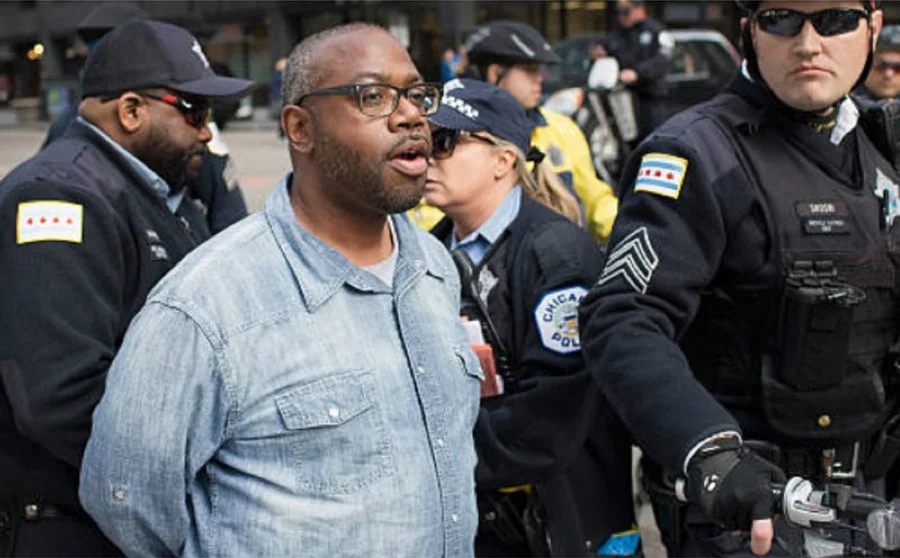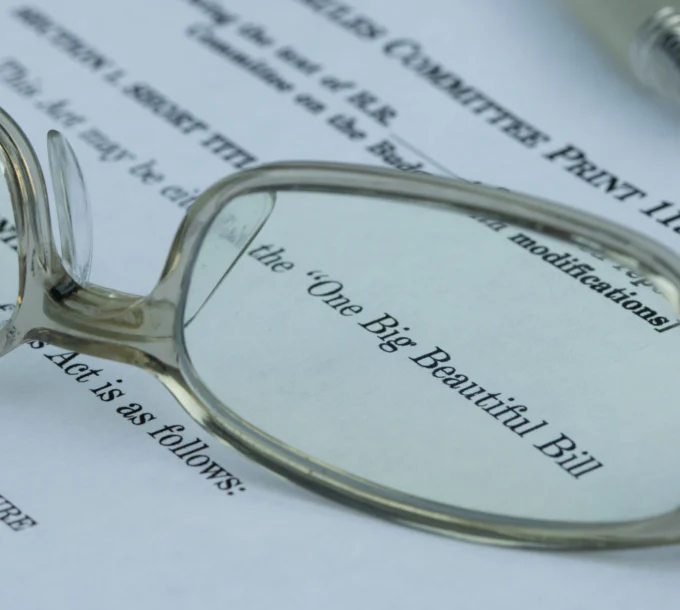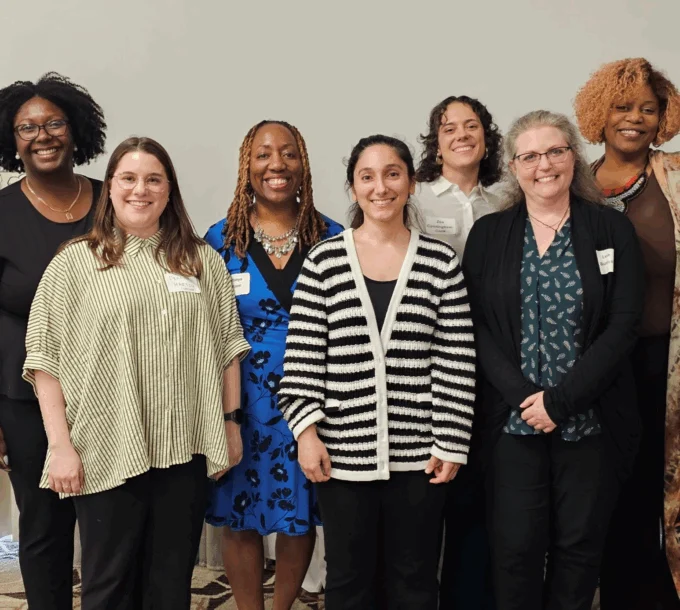
Introduction text of Impact category in Article

The federal budget reconciliation bill passed in the House today and is on its way to be signed by the president. It’s the worst attack on our nation’s social safety net since “welfare reform,” the sweeping budget cuts and eligibility restrictions enacted in 1996.
Illinois’ 2026 budget was a crucial test of the state’s willingness to fight the ongoing federal attacks on our social safety net and the basic rights of our residents. Unfortunately, lawmakers failed to deliver a bill to protect Illinois from potentially devasting cuts to Medicaid and other essential programs that support low-income families.
Audra Wilson took over as president and CEO of the Shriver Center five years ago this month. In her essay, Audra reflects on her tenure, which began as two transformative forces collided in real time: the COVID pandemic and the George Floyd uprisings.

For people returning home after incarceration, safe and stable housing isn’t just a basic need, it’s the foundation for rebuilding everything: work, family, community, and dignity. But in Illinois, housing remains one of the steepest and most unforgiving hurdles to reentry, and far too many face it alone.
Despite the challenging climate, our advocates are working tirelessly to win support for our legislative agenda for Illinois, which envisions a state where everyone can thrive. While it’s impossible to predict how the legislative and budget processes will play out, we’re ready to meet the moment.
Proposed budget cuts threaten fair housing enforcement, putting millions at risk of discrimination and instability. By slashing funding for frontline organizations and gutting HUD’s enforcement capacity, these changes would make it nearly impossible to hold bad actors accountable. At the Shriver Center, we’re fighting back — through legal advocacy, state-level solutions, and coalition efforts to protect people’s rights to safe, stable housing.